Learn : Food & Nutrition
Husky with Skin Allergies
With wolf-like beauty and sharp intelligence, the Siberian Husky stands paws above other breeds when it comes to beauty and athleticism. Unfortunately, they also stand out for their susceptibility to skin allergies.
Susceptibility to Skin Allergies
Built for cold weather, the Siberian Husky has a double-coat to protect them from the elements.
The Siberian Husky is prone to zinc deficiencies that can cause hair loss, itching and lesions on the face, footpads and genitals. This condition responds positively to zinc supplementation, and in most cases, results in complete healing.
Another congenital condition is nasal solar dermatitis, also called “Collie nose” as it is a disease that typically impacts Collies but also affects some Siberian Huskies. This autoimmune disease, related to zinc deficiency and sun exposure, causes the skin on the Husky’s nose to change color and look sunburnt; the condition can also cause hair loss, redness and lesions on and around the nose.
Environmental allergens can result in common conditions in your Siberian Husky such as atopic dermatitis or pododermatitis, a skin inflammation. Mold, grasses, dust and pollen may be the cause of allergic reactions in your dog. Parasites such as fleas, ticks and mosquitoes can also prompt skin inflammations as can contact allergens such as household cleaners, chemicals, or medications.
Common Allergy Locations
Dry, flaky skin or oily skin and lesions may appear around the face, nose, muzzle, ears, stomach, side and tail. Frequent or obsessive itching, biting, licking or scratching in affected areas can lead to hot spots or open wounds. And if untreated, these areas can become painful and infected. If your husky continually scratches at their ears, and the situation goes untreated, secondary infections can occur.
The Connection Between Food and Skin Allergies
Huskies are prone to developing food allergies as well, and the reaction to those allergens often appears as skin allergies. Nearly all skin conditions involve itching and discomfort, so if your Husky is excessively rubbing, itching, or gnawing areas of his body, a food allergy may be the reason why.
Food allergies are generally caused by an animal protein – usually chicken or beef; in some circumstances, dogs become allergic to eggs, milk or corn. A Husky with food intolerances will often have skin inflammations along with digestive disorders.
Treatment Options
Look for dog shampoos that are organic, hypoallergenic and sulfate-free. Shampoos with natural anti-inflammatories like thyme, aloe vera and quercetin can also provide extra assistance in fighting skin allergies. Your veterinarian can also prescribe corticosteroids or antihistamines if your Husky’s allergies are causing significant discomfort and distress.
If your Husky is still suffering, you may want to consider the possibility of a food allergy. Start by consulting your veterinarian or a board-certified veterinary nutritionist who can help diagnose the allergy and see if food intolerance is its cause. The veterinarian or nutritionist may recommend an elimination diet. The elimination diet should be a fresh food diet as single-ingredient foods are the best way to identify food allergies in canines. Follow these steps to try an elimination diet with your Husky:
- Over the course of eight weeks, give your Husky a single-ingredient or limited food he has not had before.
- The diet should have only single sources of animal protein, carbohydrate calories and vegetable protein; good examples are fish and potato and rabbit and peas.
- Avoid giving your dog any treats, table food, flavored medications or supplements during these eight weeks.
- When the trial period ends, slowly begin feeding your Husky his regular diet again. Observe them for any allergic reactions.
You may also want to consider adding a probiotic to your Husky’s diet. Research shows that probiotics strengthen the immune system, and can reduce or even eliminate your dog’s allergic reactions.
How to Fight Food-Based Allergies
To treat your Husky’s food-based allergies, make sure his diet has the vitamins and minerals necessary to fight allergic reactions, including Zinc, which can be a common deficiency for Huskies.
Unlike commercial dry kibble, fresh food is made with crucial antioxidants and correctly preserved fats to support your Husky’s health. While kibble can last longer on your shelf, it can’t offer the same long-lasting nutrition for your dog.
Fatty acids and minerals work together to keep your Husky’s beautiful double coat full and healthy. They also help strengthen his immune system and fight allergic reactions.
Here are some methods to manage your Husky’s allergies through diet:
|
Condition |
Dietary Needs and Adjustments |
|
Coat Color Changes |
Increase amino acids which can be found in protein (>75 grams per 1000 calories); use our calculator to convert a label percentage to the caloric basis (grams per 1000 calories) |
|
Concurrent GI Signs |
Avoid foods with tryptamine and histamine such as dairy or fermented vegetables and meats (yes, this includes bacon); try a simple ingredient food trial |
|
Chronic Itching and Dermatitis |
Fortify the diet with Vitamin E, B Vitamins, Zinc, omega-6 and the omega-3 fatty acids found in fish oil; add a probiotic; try a simple ingredient food trial |
|
Dull Coat and Scaling |
Adjust EPA and DHA levels in the diet (added fish oil being the most common way); try a food that has added zinc |
|
Dandruff and Crustiness |
Add Zinc and Vitamin A levels |


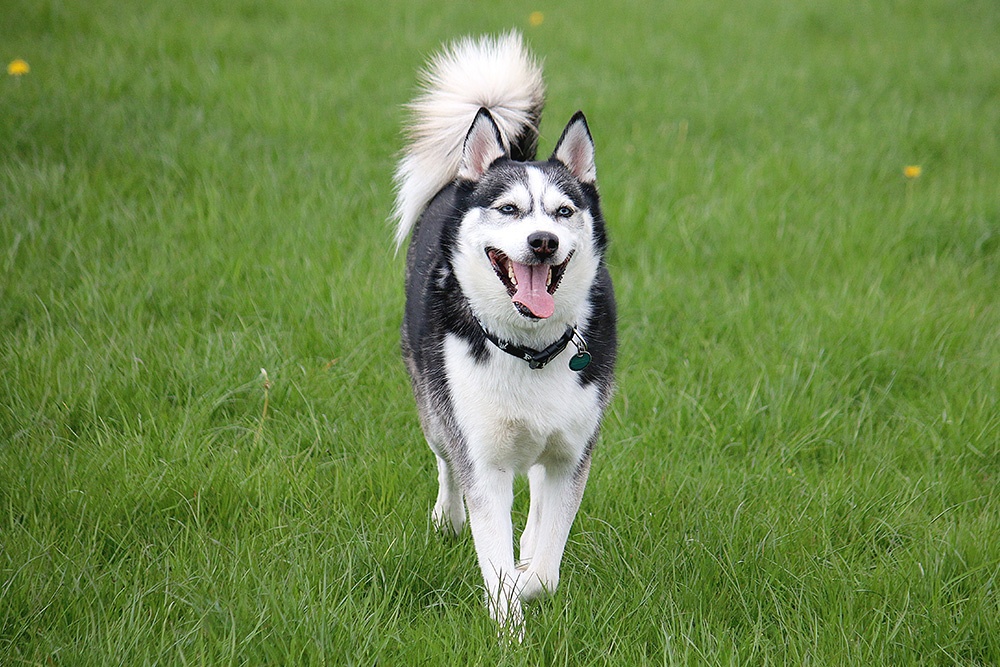
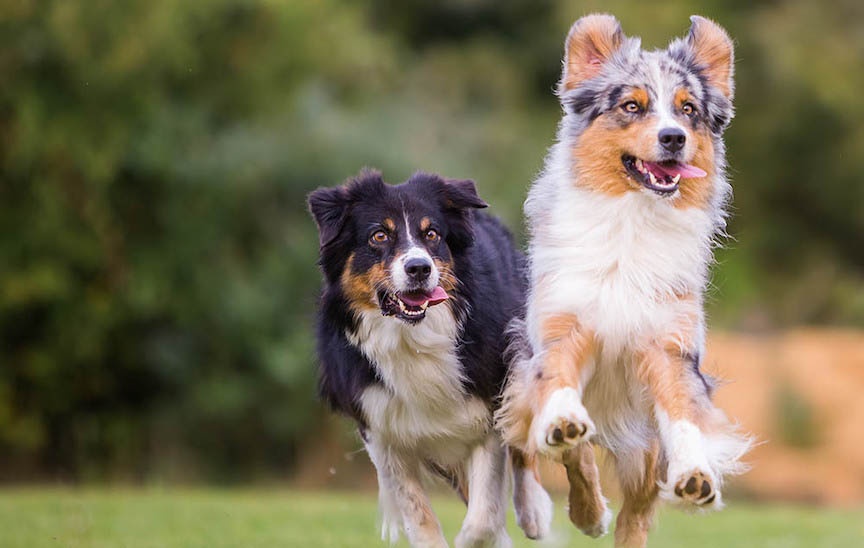 Australian Shepherds with Skin Allergies
Australian Shepherds with Skin Allergies
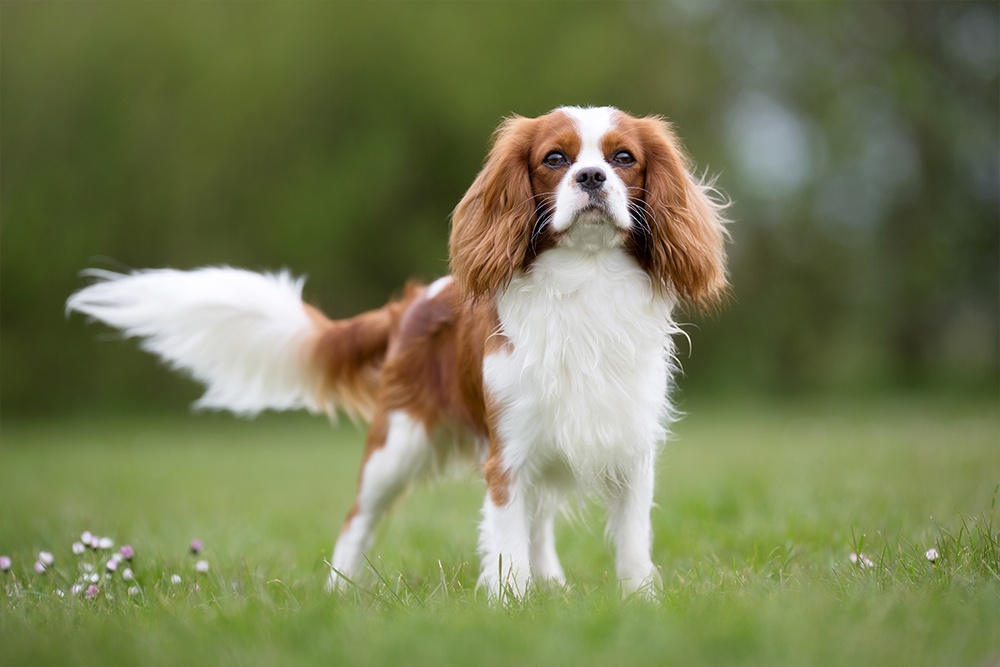 Cavalier King Charles Spaniel with Skin Allergies
Cavalier King Charles Spaniel with Skin Allergies
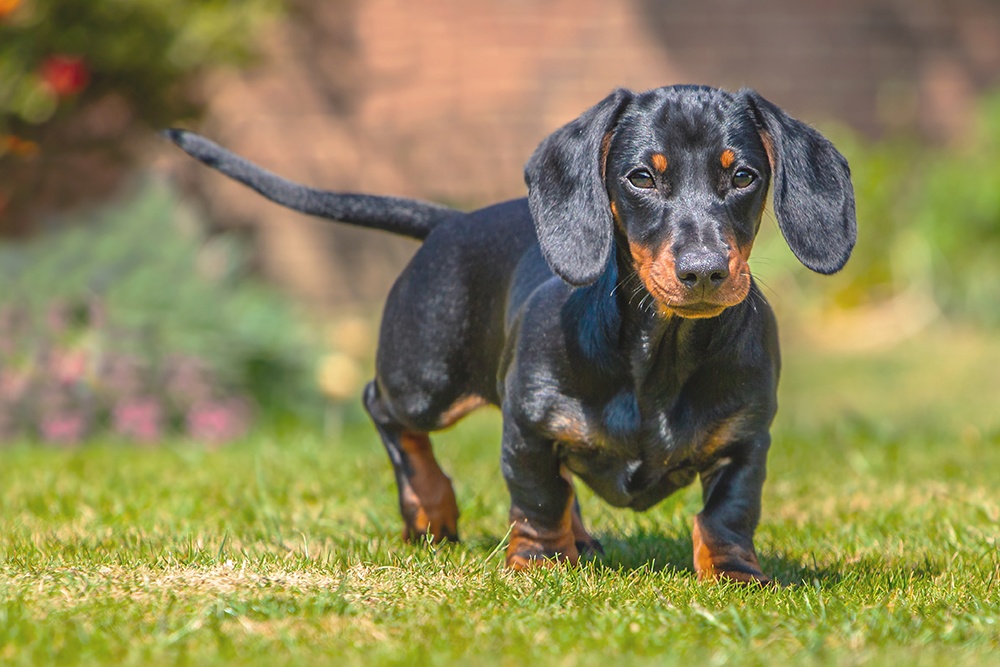 Dachshunds with Skin Allergies
Dachshunds with Skin Allergies
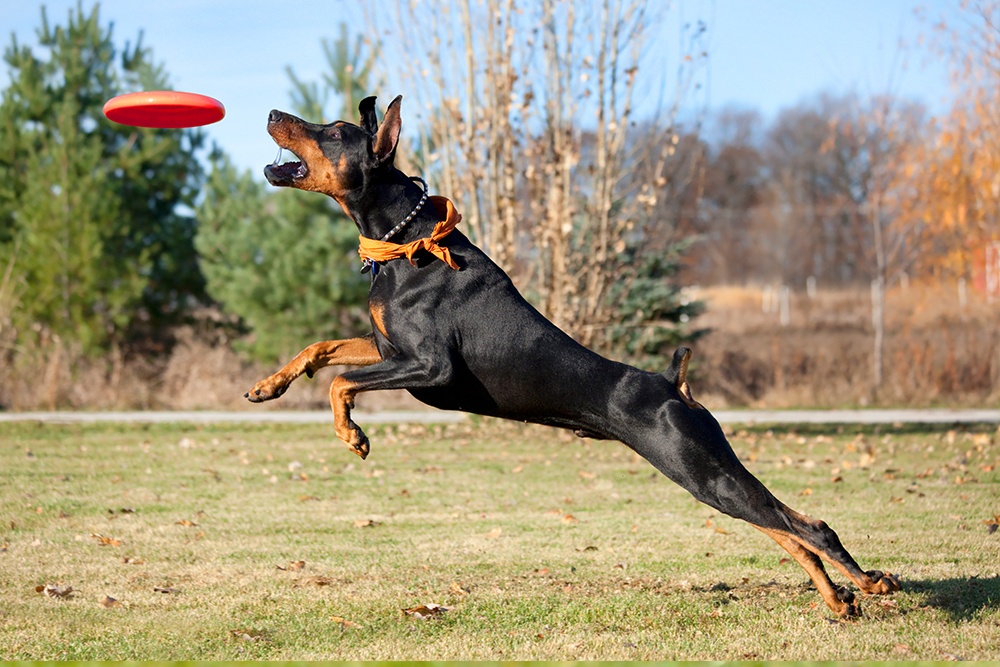 Doberman Pinschers with Skin Allergies
Doberman Pinschers with Skin Allergies
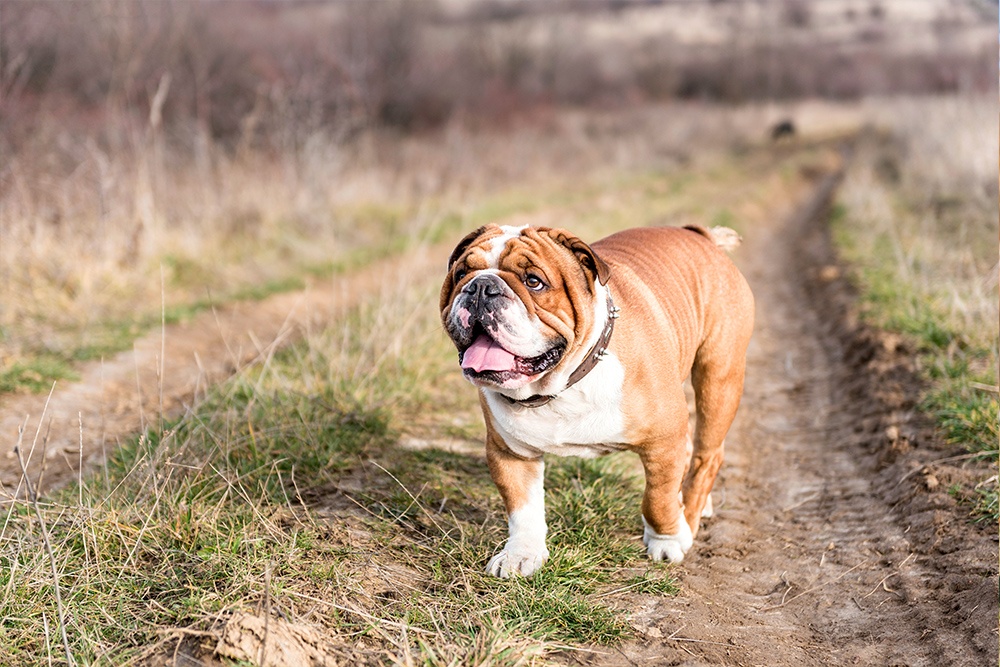 English Bulldogs and Skin Allergies
English Bulldogs and Skin Allergies
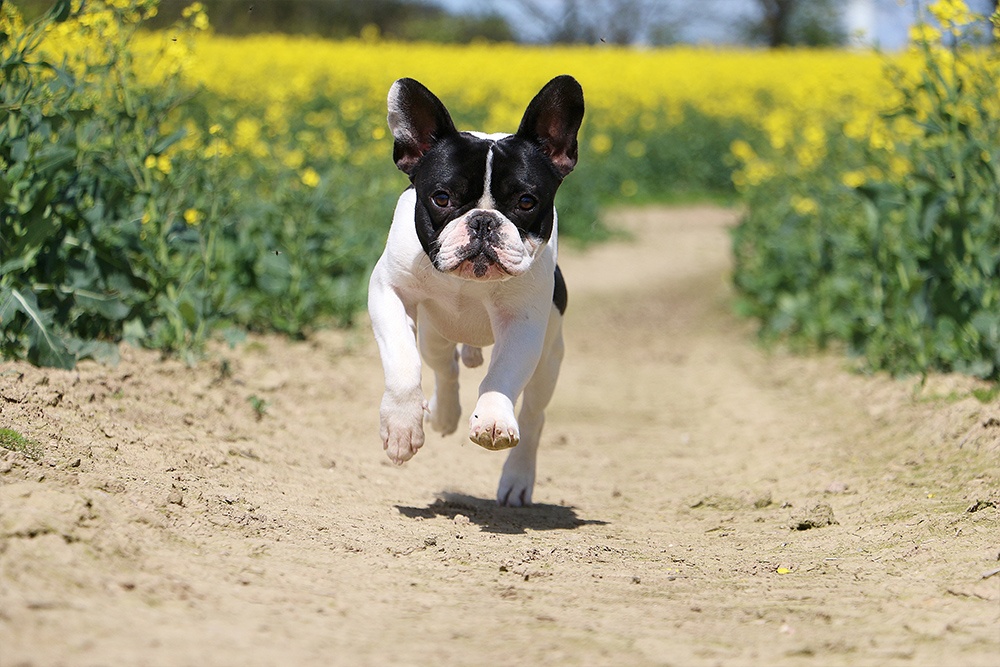 French Bulldogs with Skin Allergies
French Bulldogs with Skin Allergies
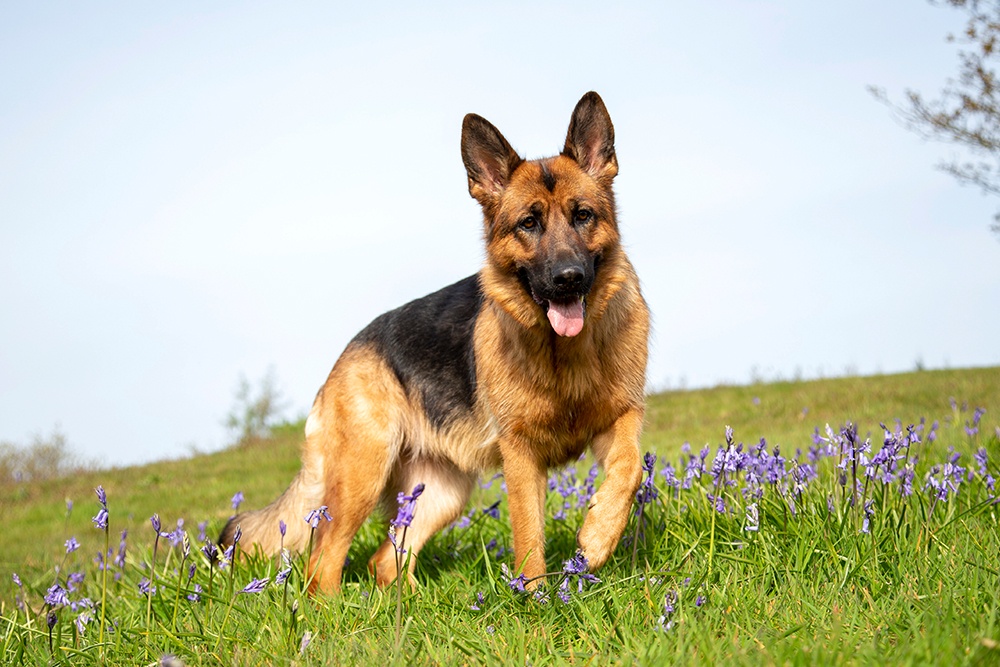 German Shepherds with Skin Allergies
German Shepherds with Skin Allergies
 Golden Retrievers with Skin Allergies
Golden Retrievers with Skin Allergies
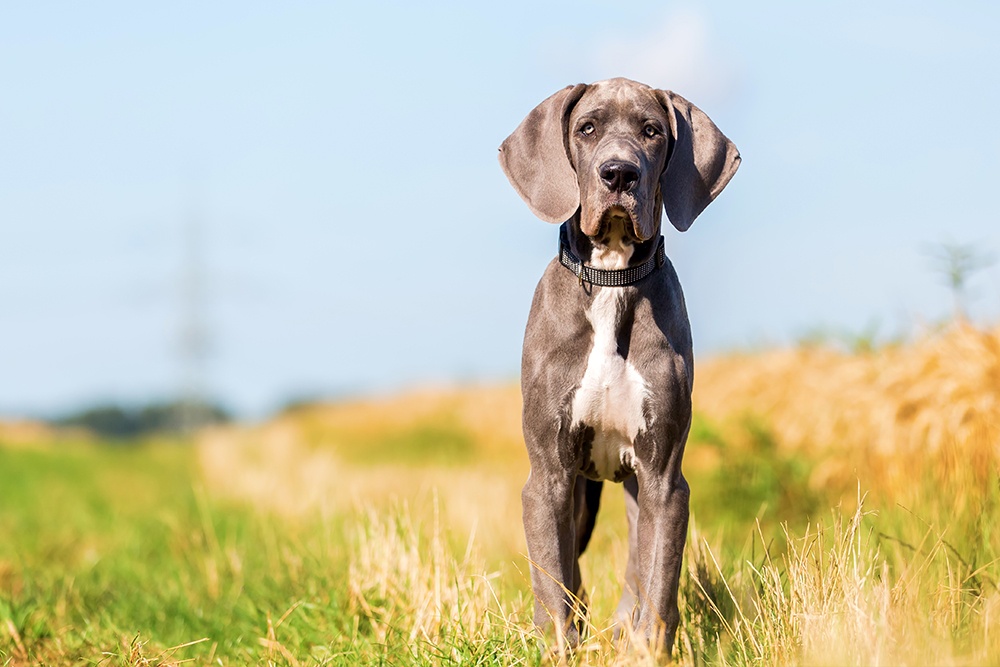 Great Danes with Skin Allergies
Great Danes with Skin Allergies